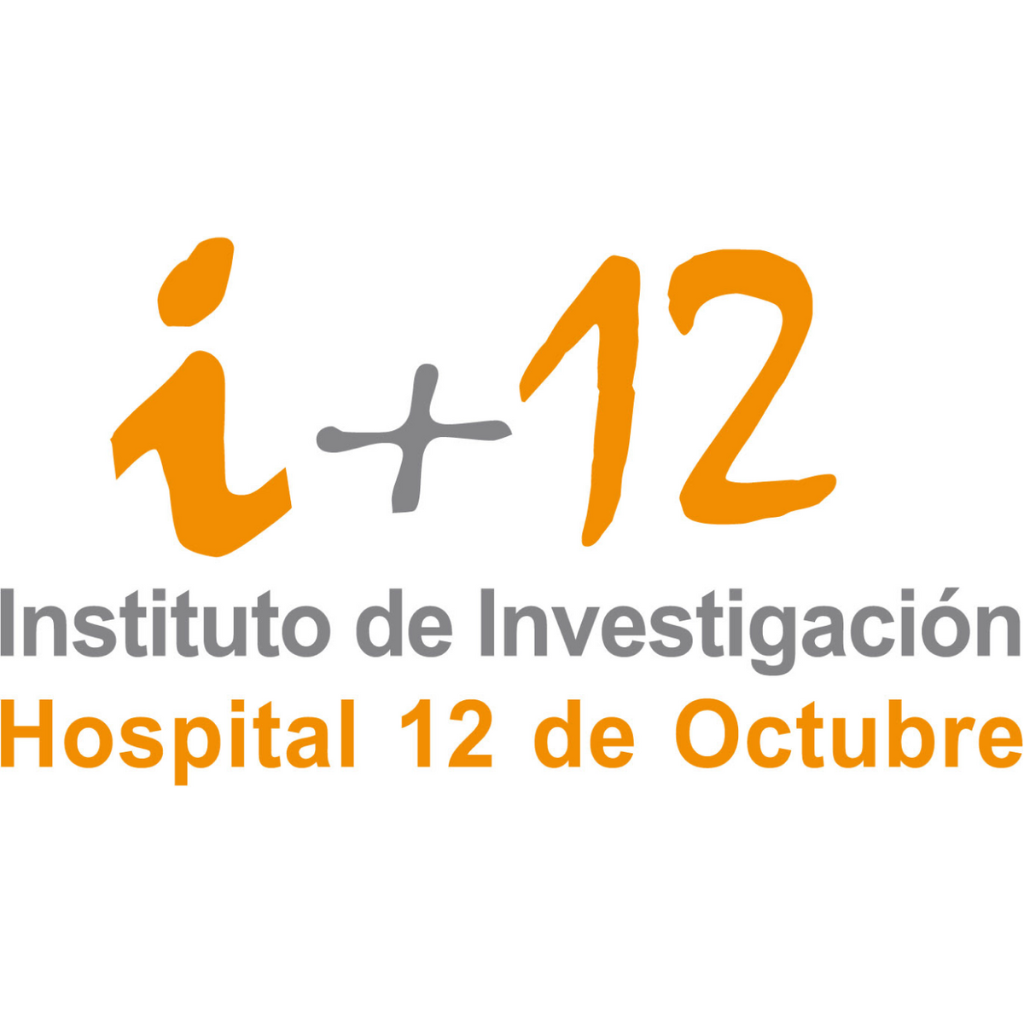Improving care for patients with Parkinson’s Disease
The challenge
Healthcare management for patients with Parkinson’s disease (PD) is currently fragmented and inefficient.[1] The severity of this problem is significant both at EU and global levels. PD is a substantial burden for patients, caregivers and society, affecting 10 million patients worldwide, with 1.2 million in Europe alone.[2] It is the fastest-growing neurodegenerative disease, leading to overall cost of 48 billion euros worldwide, with cases projected to double by 2040.[3]
The disease is characterised by various motor and non-motor symptoms, with gait and mobility impairments which reduce patients’ independence and quality of life (QoL). Since there is no cure for PD, addressing gait and mobility impairments is the key to better QoL of patients.
In the treatment of gait and mobility impairments, patients with PD experience a lack of coordinated and interdisciplinary care, representing the major problem for them. Diagnostic and therapeutic procedures are often unsynchronised, resulting in uncertain and delayed treatment. Timely access to healthcare services is frequently lacking. Moreover, patients are not adequately motivated and empowered to manage their disease, e.g. by regular exercises. Consequently, patients endure prolonged suffering, develop associated comorbidities, and incur substantial costs.
The burden extends not only to patients with Parkinson’s disease, but also to the families and caregivers of patients, who face overwhelming responsibilities in providing care and acting as care managers. Neurologists and other healthcare professionals (HCPs) involved in PD management also encounter numerous challenges. They frequently rely on incomplete and unreliable patient-reported information, as well as missing reports from other involved HCPs, resulting in time-consuming trial-and-error medication adjustments. Moreover, limited collaboration with other HCPs hinders their ability to share findings and treatment plans effectively. These challenges are exacerbated by the lack of appropriate IT infrastructure which further impedes the sharing of vital information.
The economic consequences of the unmet need in treating gait and mobility impairment are substantial. Falls among PD patients alone cost approximately €2.9 billion per year in industrialised nations.[4] Hospitalisations resulting from PD related gait and mobility problems contribute an additional cost of €3.2 billion per year and the overall cost of PD healthcare in Europe amounts to approximately €14 billion per year.[5]
Fragmented care, limited interdisciplinary collaboration, insufficient patient motivation, and delayed access to healthcare services have significant impact on patients, their families, and HCPs, while incurring substantial economic costs both within the EU and globally. PDnetGO provides a solution for these issues by improving the gait and mobility management of PD, integrating it into healthcare procedures, and enhancing the well-being of PD patients.
The solution
PDnetGo combines the well-established digital health solution ’ParkinsonGo’ provided by Portabiles HealthCare Technologies (PHCT) with a managed care service platform, inspired by integrated care concepts like ParkinsonNet.
ParkinsonGo, which was co-funded by the EIT Health DiGinnovation programme, is a class 1 CE marked medical device under MDR, and includes a smartphone app and wearable sensors for assessing gait and mobility. It provides diagnostic and therapy decision support to neurologists by analysing symptom patterns derived from gait assessments, PROMS, and PREMS (patient reported outcome/experience measures). Patients benefit from personalised interventions, including customised physiotherapeutic exercises, advice, and educational resources facilitated by ParkinsonGo’s AI algorithms.
PDnetGo is a unique telemedical managed care solution that follows a Value-Based Healthcare (VBHC) approach to enhance collaboration between HCPs and patients in the treatment of gait and mobility impairments. The central goal of PDnetGO is to promote long-term mobility and activity of patients and enhance their quality of life, alleviating the burden on family caregivers, optimising the overall care process and reducing costs.
Expected impact
The aim of PDnetGo is to reduce hospital cost and fall injuries in Parkinson’s patients by 30% (with associated cost savings of up to 2 billion euros per year in industry nations), while improving quality of life of patients and care givers significantly.
External Partners
- Portabiles HealthCare Technologies (Activity Leader)
- Contractual Working Group Hessen
- Radboud University Medical Centre
- Phillips Hospital Marburg
- Asociación Parkinson Madrid
- OptiMedis AG
- Hospices Civils de Lyon
References
[1] Dorsey et al.,Teleneurology and mobile technologies: the future of neurological care, Nature Reviews | Neurology; May 2018
[2] The Lewin Group, Inc., The Economic Burden of Parkinson’s disease, 2019
[3] The Lewin Group, Inc., The Economic Burden of Parkinson’s disease, 2019
[4] Hoffmann et al., The Costs of Fall-Related Injuries among Older Adults; Health Services Research; October 2017
[5] Klein et al.; Admission of Parkinsonian patients to a neurological ward in a community hospital, Movement Disorders; Sept. 2009
Members

CLC/InnoStars: Spain
Partner classification: Business
Partner type: Associate
DKV Innolab is an initiative from DKV Servicios, which is part of ‘Grupo DKV’, a leading Spanish insurance company affiliated with the ERGO Group. DKV Innolab aims to reinforce DKV’s strong commitment to promoting innovation in digital health. Our mission is to actively contribute to positive health through research, design and implementation of state-of-the-art digital health solutions. We are experts in validating digital health solutions in terms of usability, desirability, and business viability, as well as market entry in the Spanish market, reimbursement analysis, and adoption assessment in the private insurance market. Our main activities are in open innovation projects, where we collaborate with start-ups and scale-ups for their adoption and implementation in the private insurance as well as acceleration services in the different innovation phases.
DKV Innolab
Recinto modernista de Sant Pau - Pabellón de Sant Manel Sant Antoni María Claret 167 08025 – Barcelona, Spain
Key Activities in Research and Developement
1) Validation of usability, desirability, and viability of disruptive solutions
2) Provision and adaptation of our own telemedicine platform
3) Internal R&D projects such as: home care project to monitor chronic diseases from home.
Key Activities in Corporate Innovation
1) Reimbursement analysis for startups
2) Projects on adoption and joint commercialization
3) Open innovation calls to the market based on internal challenges
Key Activities in Social Innovation
The main social innovation activities are led by our Foundation DKV Integralia which leads projects on socio-occupational integration through training, employment programmes, and personalized roadmaps. Projects to increase the employment of people with disabilities on technology and digital roles. Employability programme for epilepsy patients ‘Activa Rural’ project to train women with disabilities. International cooperation program for development in Colombia, Perú and India. Programmes with people with diverse functionality related to leisure, art, etc, to promote the awareness of the importance of the inclusion of these people in society.
Key Activities in Business Creation
1) Spanish market-entry and go-to-market customized projects
2) Adoption and commercialization projects with DKV insurance company
3) Ecosystem activation of key players in the industry
4) Mentoring and training at each stage of an innovation project.
Key Activities in Education
1) Training in Spanish healthcare market entry
2) Definition and implementation of educational plans for HCP
3) Definition and implementation of educational plans for patients


CLC/InnoStars: Germany
Partner classification: Education, Research, Hospital / University Hospital
Founded in 1743, FAU has a rich history. It is a strong research university with an international perspective and one of the largest universities in Germany, with 39,780 students, 265 degree programmes and 4,000 academic staff. At Universitätsklinikum Erlangen (the university hospital), 7.400 employees promote health and cure disease. With up-to-date equipment and science-based diagnostic and therapeutic procedures, the 24 departments of the FAU, 25 clinical departments, 19 institutes, and 21 independent departments at Universitätsklinikum Erlangen comprehend every field of modern medicine.
Friedrich-Alexander-Universität Erlangen-Nürnberg
Friedrich-Alexander-Universität Erlangen-Nürnberg, Schloßplatz 4, 91054 Erlangen, Germany
Key Activities in Research and Developement
Biomedical engineering, Life Sciences, Social sciences / health economics
Key Activities in Social Innovation
Healthcare provision
Key Activities in Business Creation
Incubation, Technology Transfer
Key Activities in Education
Entrepreneurship training, Technical faculties, Medical faculties


CLC/InnoStars: Spain
Partner classification: Municipality / City, Hospital / University Hospital
Servicio Madrileño de Salud (SERMAS) is the public health provider of the region of Madrid. SERMAS belongs to the Spanish National Health System and provides services to more than 6 million citizens through 38 hospitals and 424 primary care centres. SERMAS is an international reference for high-specialized medicine; it is equipped with state-of-the art stage technologies and characterized by high-qualified health professionals distributed in three domains: primary care, hospital care and emergency care through SUMMA 112. SERMAS has one of the best public primary care systems in good coordination with hospital care and social services in order to provide integrated care and achieve real impact on patients and families. In order to improve health research management and coordination, SERMAS works with 13 Research Foundations that support from the economic and administrative point of view research and innovation that originates at university hospitals, primary care, the emergency medical service and public health covering all areas of specialties and including communication and information technologic departments. These public research foundations focus on innovation and translational research, seeking for real outcomes in healthcare. SERMAS is committed to ensure the continuous improvement of quality.
Key Activities in Social Innovation
Healthcare provision, Payers
Key Activities in Business Creation
Technology Transfer, Testing & Validation
Key Activities in Education
Medical faculties, Healthcare professional education/training

